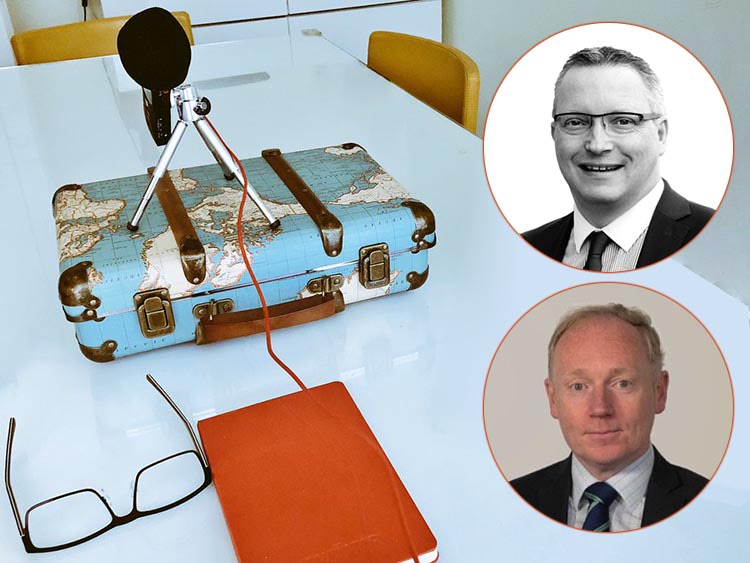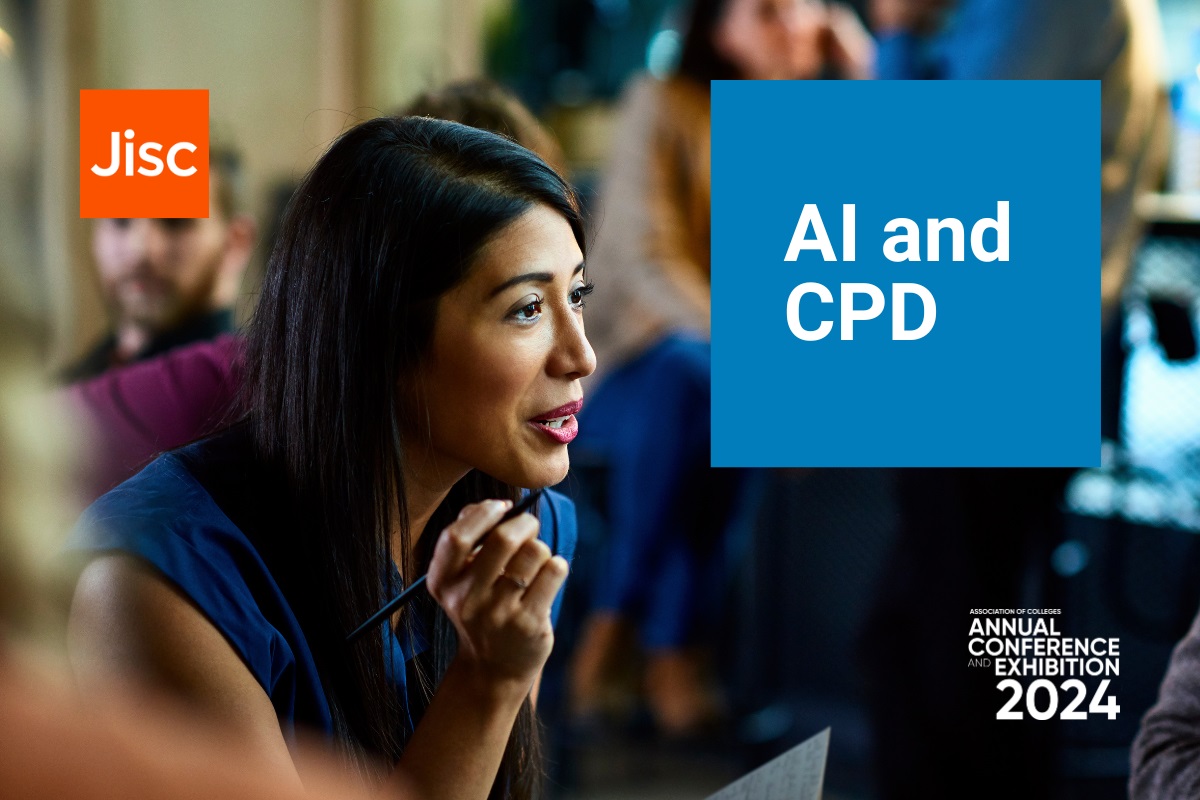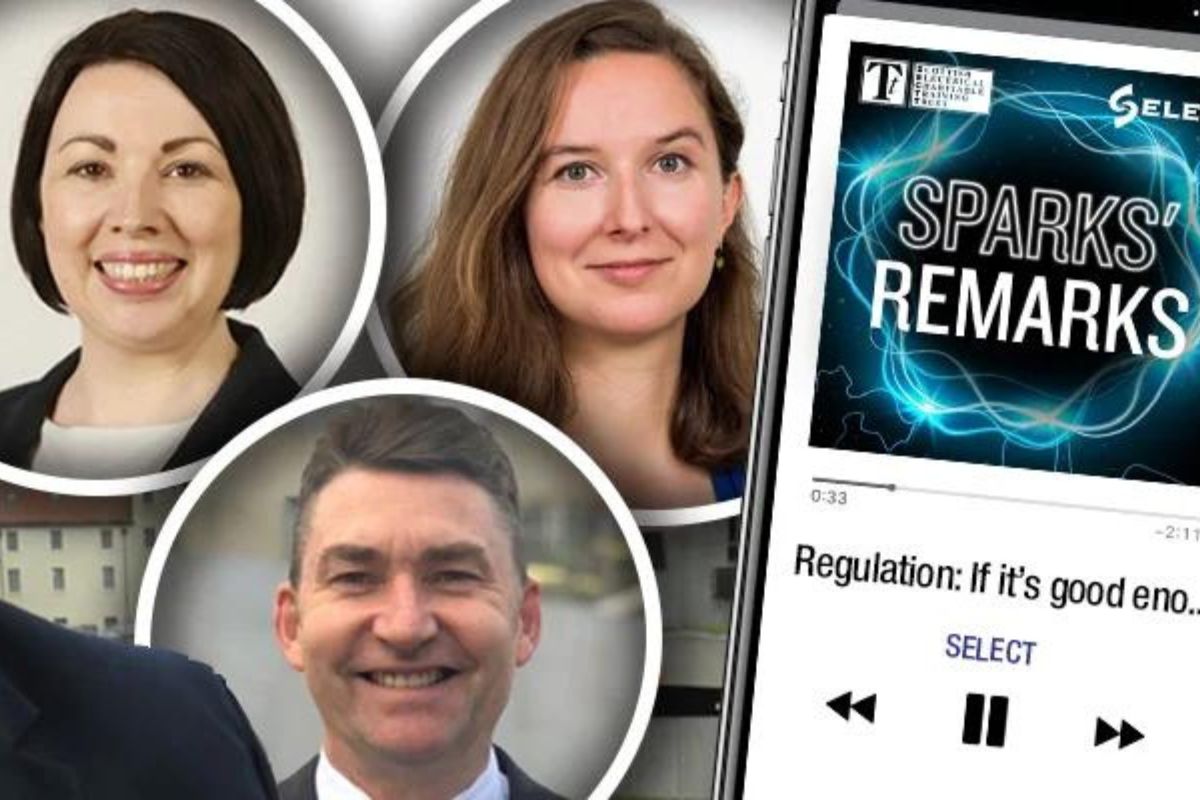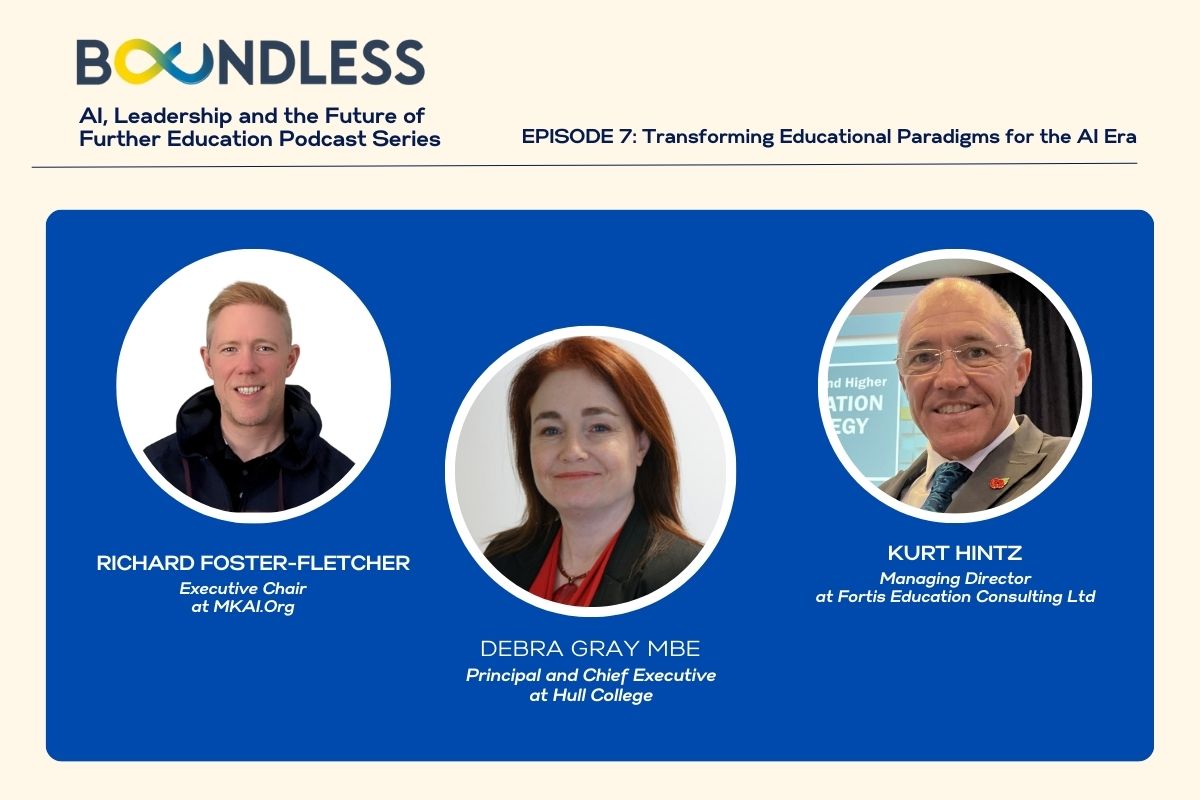Qualifications, EQA and T Levels: Tom Talks To Phil Beach and Paul Eeles for #SkillsWorld

This week for Skills World, Tom Bewick is joined by Phil Beach CBE, Executive Director for Vocational and Technical Qualifications, Ofqual and Paul Eeles, Chief Executive, Skills & Education Group, to discuss, Qualifications, EQA and T Levels.
What does public confidence in qualifications mean for you?
Phil: As a regulator it is one of our statutory objectives. We are required to maintain public confidence in qualifications. For us it’s really straight forward.
It’s that the public, or any users of qualifications whether it be University, employers or indeed the students themselves, have absolute confidence that the certificate that they hold in their hand is testament to what they have actually achieved in an assessment or an examination.
Our work is all about making sure that those users of the qualifications have that confidence.
Paul: I absolutely agree with Phil’s point, I think in terms of us providing qualifications, that learners, employers, parents, whoever they are, have confidence in the qualifications that they have.
It’s absolutely critically important and it drives everything that we do, as a regulated awarding organisation, whether it’s our regulated qualifications, or our non-regulated qualifications.
Qualifications as Currency
{https://soundcloud.com/fenews/skills-world-with-phil-beach-ofqual-and-paul-eeles-skills-education-group}
Is same level of currency expected from non-regulated qualifications as it is from regulated qualifications?
Paul: Qualifications are all about currency. A qualification is something that gives an individual that transportability to get new employment, to get onto other programmes of study to get higher levels. So, it as is important, whether it regulated or non-regulated.
Have we got too many qualifications?
Phil: I think from a regulatory perspective; our view would be that it’s a market.
Our powers as a regulator are about making sure that the quality of the qualifications is sufficient, and we have no real powers over the number of qualifications.
If there is a market for them, then that market will exist.
An analogy would be, for example, that in a supermarket we don’t regulate the number of products on the supermarket shelves, what we do is to make sure that those that are on the shelf are of the right quality, and for me that’s a market.
Paul: I’ve been in the FE and Skills sector for over 30 years, I’ve probably got 25 years senior management experience. Therefore, in terms of being aware of that debate, I think it’s been raging all the way through those 25 years.
To say we’ve got too many qualifications, on what measure are we doing that?
13,000 qualifications, I heard the Skills Minister quote recently, and that was too many.
I think it’s a non-debate. As Phil said this is a market in which we operate.
Plenty of awarding organisations are developing their qualifications with a business case that supports a group of employers, or a group of learners and develop their qualifications around that.
They will rise, or fall, based on the market in which they work.
Again, it seems to be a strange debate to be having around the number qualifications. Have you got the right qualifications, have you got the right employer endorsements?
When the argument is put forward that there are too many qualifications, nobody says, “and by the way there’s a good few employers that are supporting every qualification, as it is developed.”
I couldn’t put anything through to Ofqual for approval if it didn’t have endorsement.
Do you think there’s too much market choice in Apprenticeships? Or is this the same issue – not quantity, but quality?
Phil: Just back on the numbers aspect of that, I think for Apprenticeship end point assessments, there are a number of standards. 500 or so I think, by the time that we finish.
That just reflects the scope of the market, and the nature of the number apprenticeships that are required. So, I think that is a good indication of the sort of breadth of qualifications that we expect to be in the market. So, I don’t think that is THE number, rather than a right or a wrong number.
Do you agree that Ofqual should be the quality assurance body for Apprenticeship End Point Assessment?
Phil: Our view has been clearly expressed on a number of occasions, which is to say, where we are asked to be quality assurance for end point assessments, we will do that to the very best of our ability. And to exactly the same standards as you’d expect of the statutory regulator for qualifications.
But the Government has made the choice that there will be alternative choices, and that’s the landscape that we currently operate within.
Paul: There is absolutely a need for less confusion around EQA. I think that some of the issues and challenges that we feel that we’ve got, are that there is no overarching system, there’s no overarching standard by which End Point Assessment is being regulated.
I have an environment where, in England, I only have Ofqual for my qualifications. I could have, depending on how many Endpoint Assessment EPAOs I want to offer, I could have up to 35 different quality bodies regulating me, or more!
That is not to say that employers shouldn’t have a view, and professional bodies shouldn’t be involved in what quality assuring EPAO looks like. But one organisation needs to take the ring for that, and absolutely the FAB position being that would be best served with a regulator that has experience and knowledge in the assessment practice of awarding organisations, clearly should be where it’s at.
In a sentence, what is it going to take to make T Levels a success?
Paul: I think there needs to be a clearly joined up review of what it is that we’re doing, in terms of trying to achieve with T Levels. I don’t think I can answer it in a sentence, because actually it feels like we’ve got so many different questions to answer. But we need to be able to implement T Levels successfully, in a way that enables the market to interact with it, and to be able to deliver it in the colleges and providers around the country. I think we’ve still got a long way to go.
Phil: Patience and time. I think what you see for all successful qualifications is a brand that has been established over time.
Whether it’s A Levels, or GCSEs, that don’t look anything like they used to, but the brand has been established. I think it will take some time, but I think we need to be in for the long haul, and allow these things to bed in, settle and grow and not chop and change, so stick with it.
Phil Beach CBE, Executive Director for Vocational and Technical Qualifications, Ofqual and Paul Eeles, Chief Executive, Skills & Education Group, talking to Tom Bewick for this week’s episode of Skills World.
Despite best endeavours to ensure accuracy, text based on transcription may contain errors which could alter the intended meaning of any portion of the reported content. Speakers have not had the opportunity for any corrections.








Responses